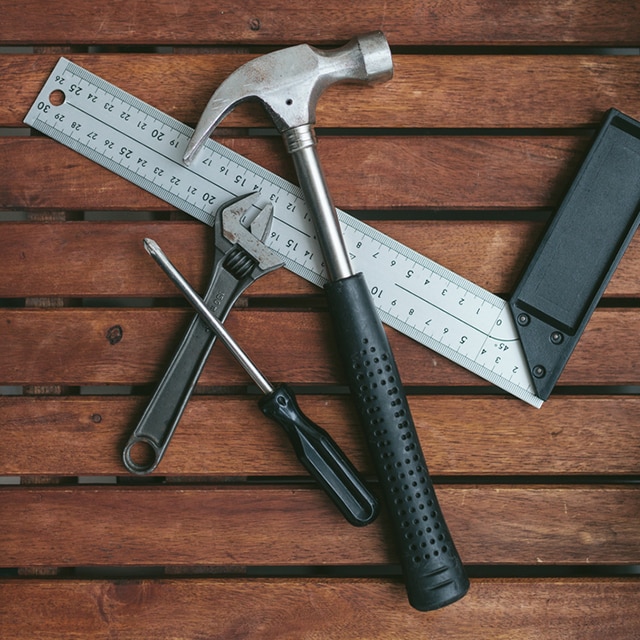OVERVIEW
When you rent property to others, you must report the rent as income on your taxes. But you can deduct, or subtract, your rental expenses—the money you spent in your role as the person renting out the property—from that rental income, reducing your tax obligation. Many expenses can be deducted in the year you spend the money, but depreciation is different.

Explaining depreciation
Depreciation is the process by which you would deduct the cost of buying or improving rental property. Depreciation spreads those costs across the useful life of the property.
Say you buy a building to use as a rental. Rather than take a single, large tax deduction in the year you bought the property, you would take a portion of the cost of the building as a smaller depreciation deduction each year.
A note about depreciation: You may have heard people use the word "depreciation" to describe the decline in value that occurs as a piece of property endures wear and tear. This isn't really true. Depreciation is about allocating the cost of property, not assessing its value. You'll depreciate rental property even if it remains in tip-top shape.
Depreciable property
To take a deduction for depreciation on a rental property, the property must meet specific criteria. According to the IRS:
- You must own the property, not be renting or borrowing it from someone else
- You must use the property to produce income—in this case, by renting it
- You must be able to determine a "useful life" for the property. This means that the property must be one that would eventually wear out or get "used up." A house has a definable useful life; a piece of land does not.
- The property's useful life is longer than one year. If the property would get used up or worn out in a year, you would typically deduct the entire cost as a regular rental expense.
Depreciating improvements
You don't just depreciate the cost of buying rental property. Money spent to improve the property is depreciated as well. An improvement is anything that enhances the value or usefulness of a property, restores it to new or like-new condition, or adapts it to a new use.
The list of potential improvements is endless, but common improvements include:
- Building new additions or garages
- Installing new systems, such as heating or air conditioning
- Replacing the roof
- Adding wall-to-wall carpeting
- Installing accessibility upgrades, such as a wheelchair ramp
Routine repairs and maintenance are not considered improvements. Maintenance costs are deducted as expenses in the year you spend the money. For example, adding tar on a roof would be considered maintenance, while the replacement of an entire roof would be depreciated.
How long it lasts
You start taking depreciation deductions not when you buy it but when you begin using the property to generate rental income. The IRS refers to this as putting the property "in service."
Depreciation continues until one of two things happens:
- You have deducted your entire "cost basis" in the property. In most cases, your cost basis is what it cost you to acquire the property, including certain taxes and fees paid at settlement, plus any improvements to the property.
- You remove the property from service—meaning, you stop using it to generate income. This may be because you sold the property or just decided to stop renting it.
With TurboTax Live Full Service Premium, have a dedicated expert uncover every tax deduction and file your investment and self-employment taxes for you. Backed by our Full Service Guarantee. You can also file taxes on your own with TurboTax Premium. We’ll search 500 tax deductions & credits to provide comprehensive coverage.







